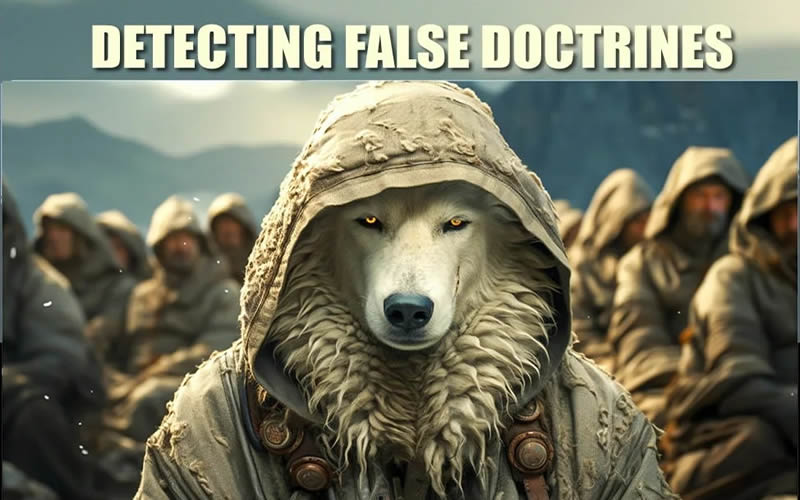“Judge not according to the appearance, but judge righteous judgment.” – John 7:24
Our bid to stay clear of heresy in these Last Days puts us in a rather peculiar position: what do we define as heresy and who can we legitimately call a heretic? The answer to this question can be somewhat problematic as there are various shades and hues of doctrinal falsehood. Nevertheless, while pondering on that point it would be helpful to note that a heretic is not a pastor whose preaching methods we don’t subscribe to, or who flies a private jet. Neither is it a preacher that doesn’t emphasise every Sunday what we emphasise.
Similarly, that some Christians do not attend your denomination/church does not make them sinners, neither does the fact that their Sunday services last 10-hours each make them “spiritually blind”.
Some people today – especially those who claim they have received a direct warning in visions from Jesus to the church – label churches as “satanic” if they’re not preaching what they call “the true gospel of our Lord Jesus Christ”. Upon analysis, however, what they term “satanic” turns out to be any church that worships differently from them. Worse still, what they hold as the “true” gospel, tend not to even be the gospel at all.
The church is like a family – a really big family complete with its quirks and eccentricities. Family members do not always see eye to eye on everything, but that does not stop them from being kin. What then defines our spiritual family? It’s simply any organisation or person that scales through our 3 acid tests. A Christian is one who believes in the incarnation of God in the person of Jesus Christ, who accepts the atoning work of said Christ on the Cross as the only way to be saved, and who views the Bible as the inspired word of God and final authority on all matters eternal and temporal.
Fanciful as that definition sounds, it (sadly?) accommodates quite a few persons and groups that we may not quite agree with in terms of doctrine and practice. Yet this definition is necessary in order for us to streamline our judgments and also to appreciate the latitude of expressions that exist in this family of ours that is the Body of Christ.
AMEN.
More Blessings await you today; you’ll not miss them in Jesus’ Name.
GREG ELKAN




